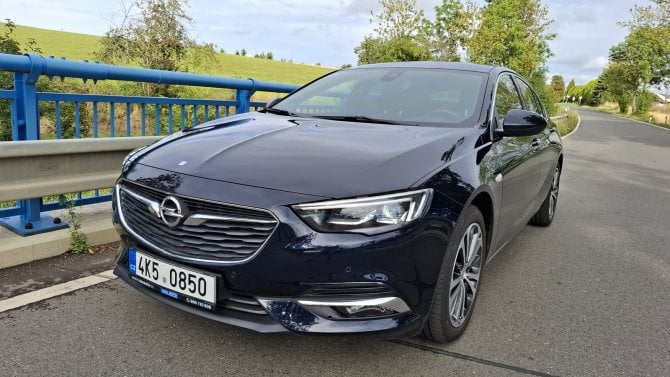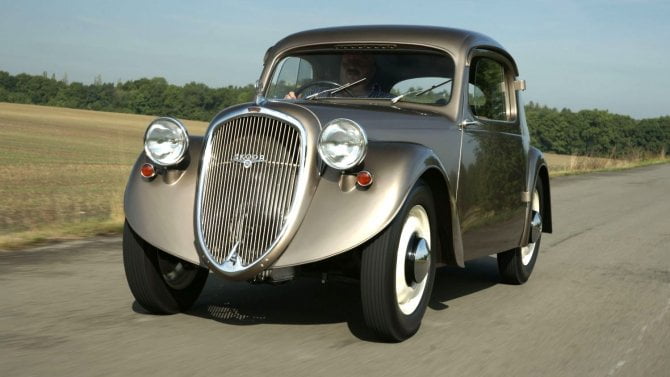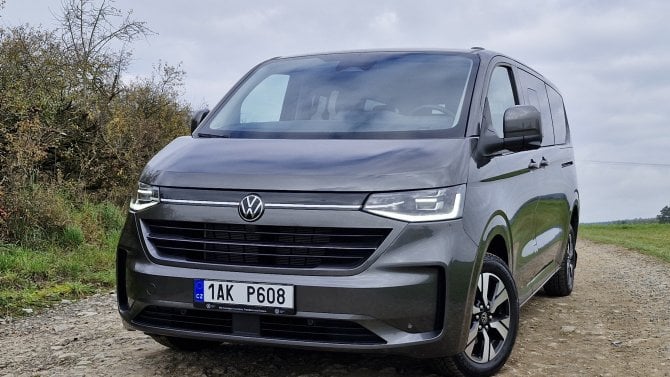...project he said was being driven by officials behind the backs of citizens.
A constitution reforming EU institutions has been rejected in referenda in France and the Netherlands, but Germany is trying to revive it during its recently started six-month EU presidency.
Just days before German Chancellor Angela Merkel visits the Czech Republic, Klaus, a long-time opponent of Europe's closer political unification, wrote in the daily Mlada Fronta Dnes that the constitution was an attempt to leap ahead in integration.
"The question is whether the path ahead leads through daily efforts to block a stealth unification, done permanently behind our backs by European politicians and bureaucrats," Klaus wrote.
"Or whether it is possible to define once for all (or at least for a long time) the optimal division of what is national (state), shared and union (communitarian), through some document that may or may not be called the constitution."
Klaus said the second option would be riskier, but he favoured it. The document would have to be "entirely different" from the one rejected by French and Dutch voters, he wrote.
Klaus has proposed a looser alliance of national states, based on intra-governmental principles rather than supra-national institutions.
The Czech Republic is among nine countries that have not ratified the constitutional treaty, which aims to streamline the workings of a bloc that has now grown to 27 members.
Klaus has little executive power, but the ruling centre-right Civic Democrats of Prime Minister Mirek Topolanek share his opposition to the constitution in its current form.
Topolanek's three-party government, which won a parliamentary vote of confidence on Friday, takes no position on the constitution in its programme manifesto.
Klaus will discuss his views on Europe with fellow eurosceptic President Lech Kaczynski of Poland during a visit to Warsaw on Thursday before he returns home to meet Merkel.
[PRAGUE/Reuters/Finance.cz]




 Test ojetiny: Možná se vyplatí nejít automaticky pro Škodu. Opel Insignia II je opomíjenou ojetinou za skvělé peníze
Test ojetiny: Možná se vyplatí nejít automaticky pro Škodu. Opel Insignia II je opomíjenou ojetinou za skvělé peníze
 Tohle měla být Škoda pro chudé. Sagitta představovala zajímavý nápad, ale do série se nedostala
Tohle měla být Škoda pro chudé. Sagitta představovala zajímavý nápad, ale do série se nedostala
 Na Slovensku nově může člověk dostat pokutu za rychlost, pokud poběží na autobus. Po chodníku se teď musí chodit a jezdit nanejvýš 6 km/h
Na Slovensku nově může člověk dostat pokutu za rychlost, pokud poběží na autobus. Po chodníku se teď musí chodit a jezdit nanejvýš 6 km/h
 Test Volkswagen Caravelle Long 2.0 TDI 4Motion: Mikrobus do nepohody
Test Volkswagen Caravelle Long 2.0 TDI 4Motion: Mikrobus do nepohody
 Malý náklaďáček mnoha jmen: Škoda/Aero/Praga (A) 150 byla nedoceněným československým dříčem
Malý náklaďáček mnoha jmen: Škoda/Aero/Praga (A) 150 byla nedoceněným československým dříčem
